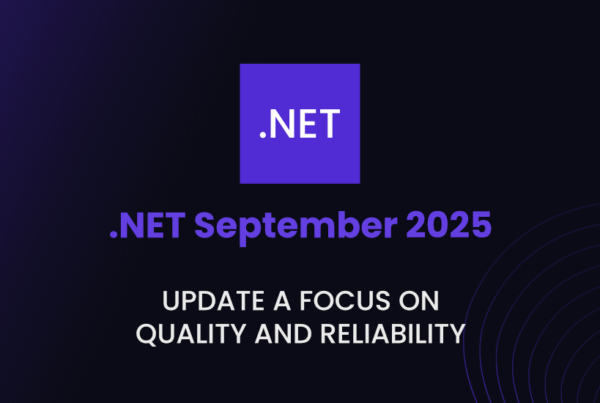In this easy guide, we will discover 10 tips to boost the performance of LINQ queries when integrated with Entity Framework Core (EF Core). Improving the efficiency of LINQ queries is an important task for achieving optimal data retrieval.
Optimizing LINQ Queries: Unleashing Performance Potential
Let’s dive into each tip and explore how it can improve the performances of LINQ queries when utilizing EF Core.
1. Leveraging the Power of AsNoTracking for Read-Only Operations
var products = dbContext.Products.AsNoTracking().ToList();By using AsNoTracking, you can expedite read-only operations by bypassing the change tracking process, boosting query execution speed.
2. Selecting Only Essential Columns for Efficiency
var customers = dbContext.Customers.Select(c => new { c.Id, c.Name }).ToList();Selecting just the necessary columns reduces the data retrieved and boosts query performance, optimizing efficiency levels.
3. Embracing FirstOrDefault Over SingleOrDefault Wisely
var user = dbContext.Users.FirstOrDefault(u => u.Id == userId);FirstOrDefault is often a faster choice compared to SingleOrDefault, especially when working with extensive datasets.
4. Mindful Execution of Eager Loading Strategies
var order = dbContext.Orders.Include(o => o.Items).FirstOrDefault();Utilize Include for eager loading related entities selectively, avoiding unnecessary data retrieval problems and ensuring optimal performance.
5. Mitigating N+1 Query Issue via Intelligent Loading
var orders = dbContext.Orders.Include(o => o.Customer).ToList();Use Include or Load to look for related entities in a single query, effectively combating the N+1 query problem and enhancing query efficiency.
6. Strategically Implement Batching for Updates and Inserts
dbContext.BulkInsert(customers);Batching updates and inserts can significantly reduce round trips to the database, optimizing performance when dealing with bulk operations.
7. Harnessing the Perks of Compiled Queries
var query = CompiledQuery.Compile((DbContext context) => context.Products.Where(p => p.Price > 100));Compiled queries offer a performance boost by pre-compiling LINQ queries, enhancing efficiency and speed during execution.
8. Mastering the Art of Using ToList Wisely
Avoid premature materialization by deferring the use of ToList until the final moments of code execution, enabling optimized query performance.
9. Implementing Take and Skip for Enhanced Paging Functionality
var pagedResults = dbContext.Products.OrderBy(p => p.Name).Skip(10).Take(5).ToList();You can use Take and Skip methods for efficient paging, improving the handling of large datasets and enhancing query responsiveness.
10. Embracing Raw SQL Queries for Complex Operations
var products = dbContext.Products.FromSqlRaw("SELECT * FROM Products WHERE Price > 50").ToList();For intricate queries that are challenging to express using LINQ, consider utilizing raw SQL queries for improved performance and flexibility in operations.
Conclusion
Optimizing LINQ queries when working with EF Core is essential for maximizing performance in data retrieval and manipulation tasks. From leveraging AsNoTracking for read-only operations to utilizing raw SQL queries for complex scenarios, each tip offers a unique strategy to fine-tune LINQ queries and elevate the overall performance of C# applications. By incorporating these tips into your development workflow, ¡You can ensure that your LINQ queries operate at peak efficiency, delivering optimal results and an enhanced user experience!
If you want to know more about C# LINQ, ¡Have a look at our related blogs where you can keep learning the C# coding world!




